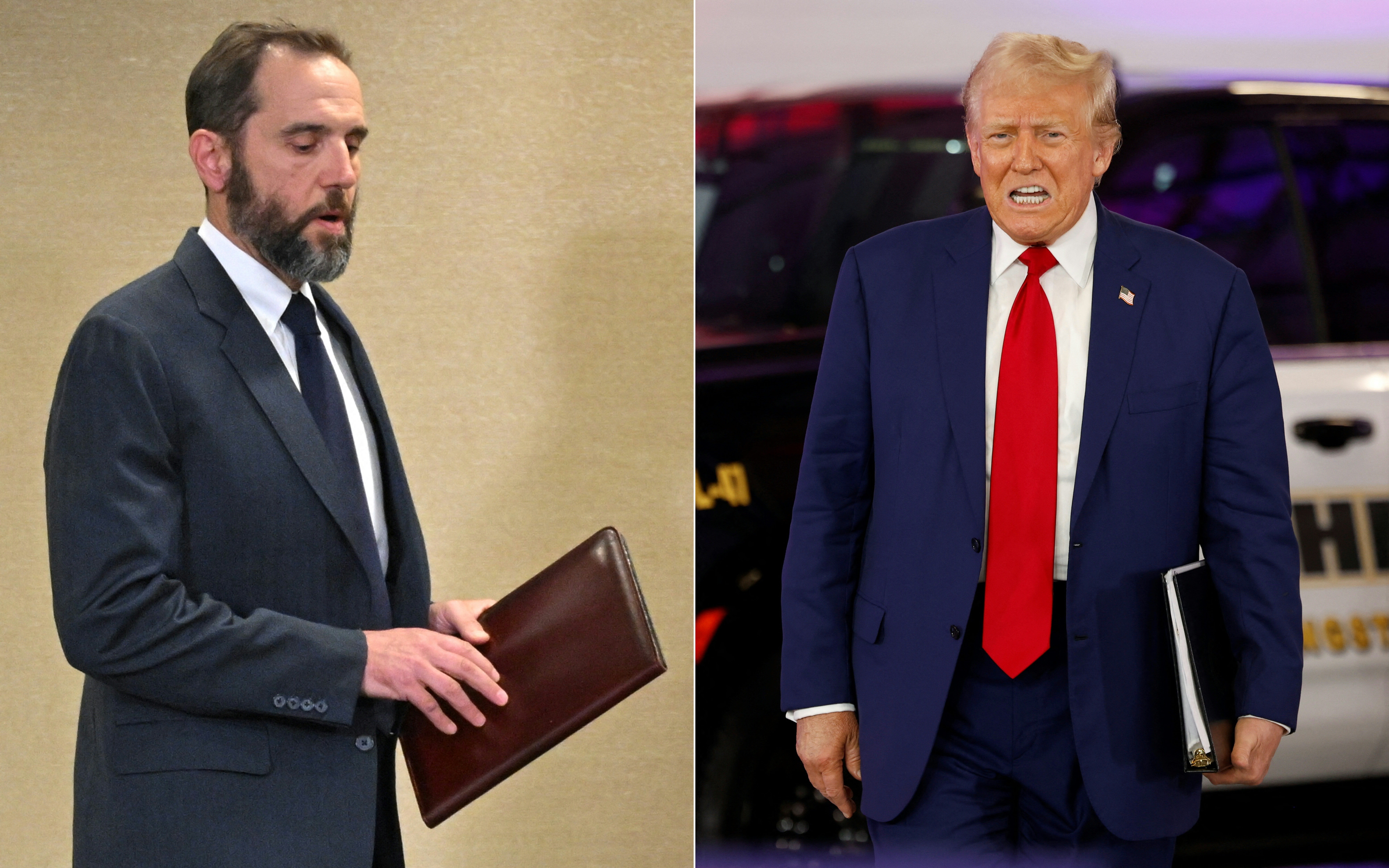Donald Trump’s former White House lawyer anticipated that he would be sentenced to six to nine years if convicted for his alleged efforts to overturn the results of the 2020 presidential election.
Special Counsel Jack Smith filed a superseding indictment against the former president on Tuesday, keeping the same four criminal charges intact but trimming down some of the allegations in light of the Supreme Court’s immunity decision last month. In the wake of the new filing, Ty Cobb, an attorney in the Trump administration, discussed Trump’s chances of spending time behind bars on CNN’s Erin Burnett OutFront.
“It’s a forceful document…You can’t read this and not understand the crimes that Trump actually committed,” Cobb said.
If convicted, 78-year-old Trump could face up to 55 years in prison. Cobb didn’t think he would get that full sentence, but believed he would serve six to nine years behind bars.
“Even six to nine, for someone his age, is very significant,” Burnett said. She then asked Cobb, given his relationship with Trump, what he believes the former president will do next.

“He won’t take this seriously until the final gavel comes down and the jurors come back and say, ‘guilty’ and he actually gets sentenced,” Cobb said.
He predicted the Trump lawyers will use “a lot of delaying tactics” — a move that they have utilized in other legal cases the former president faces.
Trump took to Truth Social to condemn the superseding indictment as “election interference” and an “act of desperation” that “has all the problems of the old Indictment, and should be dismissed IMMEDIATELY.”
Cobb also cut into these claims by Trump, saying, “They’ve already said it’s the same indictment. Clearly it’s not. They’ve already said that this should be dismissed immediately. It won’t be dismissed immediately.”
Smith wrote that the superseding indictment “reflects the Government’s efforts to respect and implement the Supreme Court’s holdings and remand instructions” from the landmark decision in July on presidential immunity. The ruling determined that the president is “absolutely” immune from criminal prosecution for actions that stem from official duties in office, and grants the president “presumptive immunity” for acts in the “outer perimeter” of official duties.
Smith reshaped his case around the ruling by cutting down some of the allegations in the original filing against Trump, namely the former president’s attempts to use the Justice Department to promote his election fraud claims. Similarly, co-conspirator 4, who is believed to be former Justice Department official Jeffrey Clark, is no longer included.
“I think people who view this as a rescue or as some by retreat by Smith read this completely wrong,” Cobb said.
He added that if the Supreme Court eliminates a path that was previously available “the prudent thing to do is to change course…These are the same charges and they’re easily proved.”

